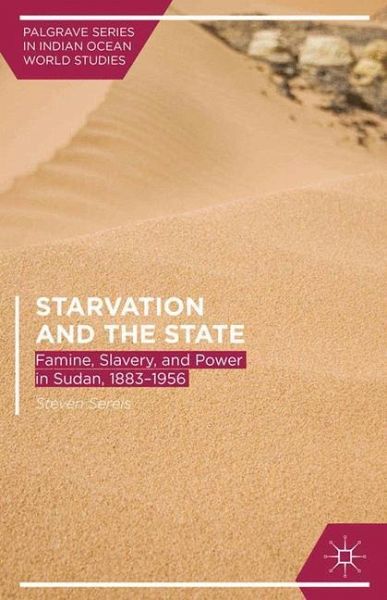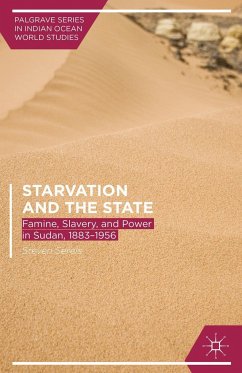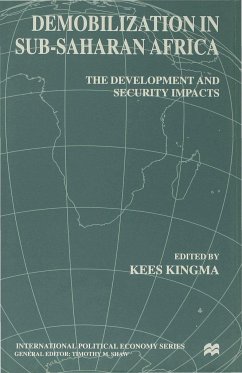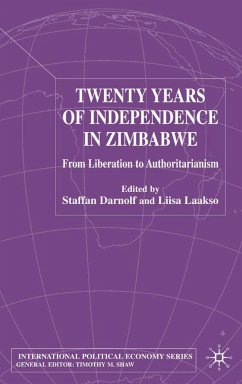
Starvation and the State
Famine, Slavery, and Power in Sudan, 1883-1956
Versandkostenfrei!
Versandfertig in 6-10 Tagen
42,99 €
inkl. MwSt.
Weitere Ausgaben:

PAYBACK Punkte
21 °P sammeln!
Sudan has historically suffered devastating famines that have powerfully reshaped its society. This study shows that food crises were the result of exploitative processes that transferred resources to a small group of beneficiaries, including British imperial agents and indigenous elites who went on to control the Sudanese state at independence.












